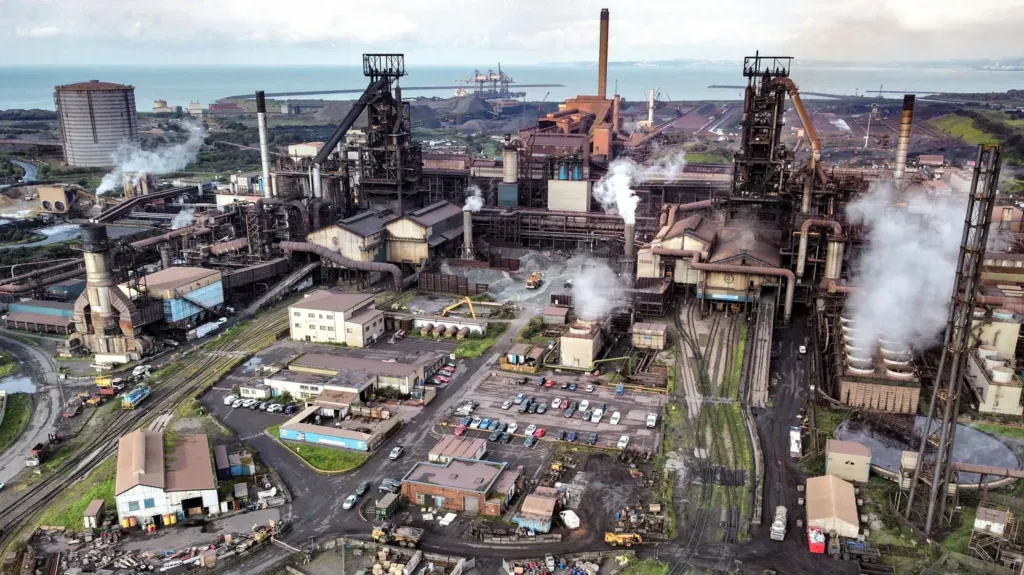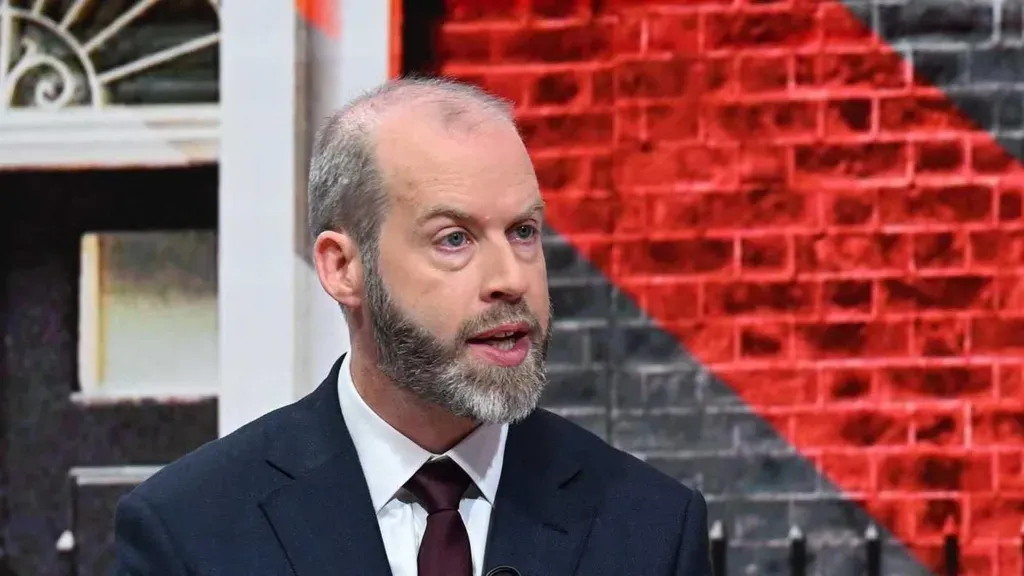Current Negotiations and Government Position: Jonathan Reynolds, the UK’s new business secretary, has emphasized that negotiations with Tata Steel regarding its Port Talbot site will include discussions on job guarantees. He acknowledged that while newer technologies in steel production may employ fewer people than traditional blast furnaces, ensuring a fair transition for workers remains a priority. Reynolds highlighted ongoing talks with Tata, noting a commitment to finding a viable path forward for the plant.
Financial Support and Labour’s Stance: The previous Conservative government had committed £500 million to support the transition of the Port Talbot plant towards greener production methods. Labour, under its manifesto, pledged an additional £2.5 billion to further support the steel industry. Reynolds clarified that this support aims not to sustain unprofitable businesses indefinitely but to facilitate a partnership for future investments, ensuring that decarbonization efforts align with industrial development.

Challenges and Union Responses: Despite discussions on future investments, the transition to newer technologies such as electric arc furnaces poses challenges, potentially reducing the number of jobs compared to traditional methods. Unite union’s general secretary, Sharon Graham, stressed the need for investment, job guarantees, and legislation mandating the use of UK steel in national infrastructure projects. The closure of blast furnaces due to financial losses underscores the urgency of these negotiations.

Tata Steel’s Perspective and Industry Transformation: Tata Steel UK, represented by Rajesh Nair, expressed readiness to collaborate with the UK government on expanding green steel production. Plans to convert to electric arc furnace steelmaking signify a significant shift towards sustainable practices, albeit with implications for current employment levels. The company’s ongoing dialogue with unions underscores efforts to manage this transition while addressing financial challenges and environmental goals.

FAQ (Frequently Asked Questions):
1. What is the current status of negotiations between Tata Steel and the UK government?
- Negotiations are active, focusing on the future of Tata Steel’s Port Talbot site, including discussions on job guarantees amidst the shift to greener production methods.
2. What financial support has been committed to Tata Steel by the UK government?
- The previous government committed £500 million to support the transition of Port Talbot towards greener production. Labour has pledged an additional £2.5 billion for further industry support.
3. How do newer technologies in steel production impact employment at Tata Steel’s Port Talbot plant?
- Newer technologies like electric arc furnaces may employ fewer people than traditional blast furnaces, posing challenges despite efforts to ensure a fair transition for workers.
4. What are the main concerns of unions like Unite regarding Tata Steel’s plans?
- Unite emphasizes the need for investment, job guarantees, and legislation mandating the use of UK steel in national infrastructure projects to support workers and the industry.
5. What is Tata Steel UK’s stance on industry transformation and sustainability?
- Tata Steel UK aims to expand green steel production in collaboration with the UK government, focusing on sustainable practices while managing the transition from blast furnaces.
Conclusion: The negotiations between the UK government and Tata Steel represent a critical juncture for the future of the Port Talbot site and the broader steel industry. Balancing economic viability, environmental sustainability, and workforce concerns remains central to these discussions, with stakeholders advocating for a coordinated approach to secure the industry’s long-term prospects amidst global challenges.


